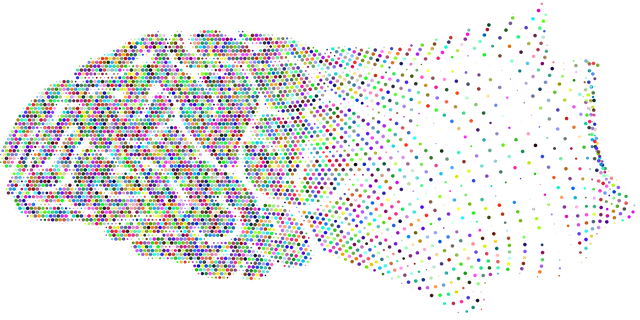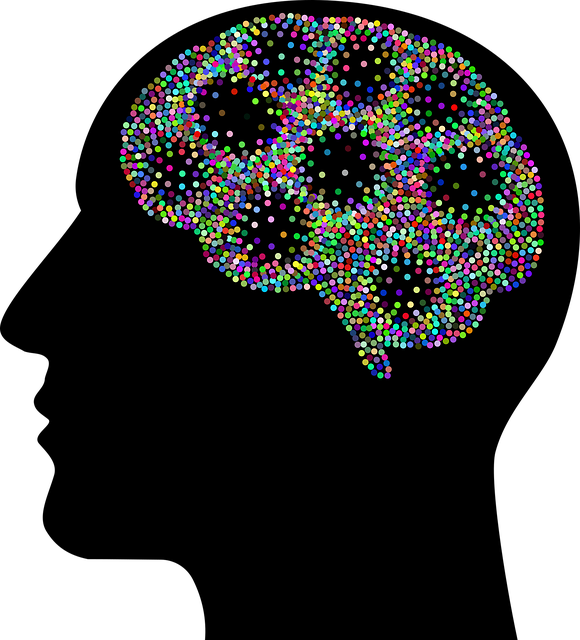In Northglenn, a diverse community with varied spiritual backgrounds, mental health advocacy flourishes through collaborative efforts between local therapy centers and organizations. This inclusive environment promotes holistic well-being by integrating traditional therapies with practices like self-awareness exercises and compassion cultivation. The Northglenn Spiritual-Religious Issues Therapy (SRIT) centers play a vital role by combining traditional healing with evidence-based approaches, addressing mental health stigma through education, empathy, and proactive strategies. Initiatives like tailored therapy, group discussions, and stress management workshops enhance resilience, fostering an open and non-stigmatized atmosphere that ensures access to resources and support for all residents.
Mental health advocacy plays a vital role in fostering well-being within communities, and Northglenn serves as a prime example. This article explores how initiatives focused on mental health support can significantly impact residents’ lives. We delve into the unique perspective of Northglenn’s approach, examining the integration of spiritual and religious communities in therapy. By addressing stigmatization and implementing effective advocacy strategies, Northglenn has enhanced its citizens’ mental well-being through innovative programs, offering valuable insights for other communities grappling with similar challenges, especially those with strong spiritual-religious ties.
- Understanding Mental Health Advocacy: A Northglenn Perspective
- The Role of Spiritual and Religious Communities in Therapy
- Overcoming Stigma: Strategies for Effective Advocacy
- Initiatives and Programs Enhancing Mental Well-being in Northglenn
Understanding Mental Health Advocacy: A Northglenn Perspective

In Northglenn, mental health advocacy initiatives are deeply rooted in fostering a supportive and understanding community. The town’s diverse population, including various spiritual and religious backgrounds, plays a pivotal role in shaping its approach to mental wellness. Local therapy centers and community organizations often collaborate to promote holistic well-being, integrating traditional therapies with practices like self-awareness exercises and compassion cultivation. This inclusive environment encourages individuals to open up about their struggles without stigma.
Northglenn residents actively engage in self-esteem improvement workshops and similar initiatives, emphasizing the interconnectedness of mental, emotional, and spiritual health. The town’s commitment to addressing these issues reflects a broader shift towards recognizing the importance of mental health advocacy at both individual and community levels. This concerted effort ensures that everyone has access to resources and support, ultimately enhancing the overall resilience and quality of life for all Northglenn residents.
The Role of Spiritual and Religious Communities in Therapy

In many communities, spiritual and religious institutions play a vital role in advocating for mental health awareness and providing support systems for individuals struggling with various Northglenn spiritual-religious issues therapy. These communities often offer safe spaces where individuals can find comfort, share their experiences, and seek guidance from faith leaders or fellow believers who understand the unique challenges they face. Incorporating self-care practices rooted in religious traditions can be immensely beneficial for mental wellness coaching programs development, promoting holistic healing and resilience among members.
Moreover, social skills training within these settings fosters a sense of belonging and connection, addressing isolation often associated with mental health struggles. Many religious organizations have recognized the importance of integrating therapy services into their existing structures, ensuring that members can access care without stigma. By combining traditional healing practices with evidence-based therapeutic approaches, Northglenn spiritual-religious communities contribute significantly to the overall well-being of their congregations.
Overcoming Stigma: Strategies for Effective Advocacy

Stigma surrounding mental health remains a significant obstacle to effective advocacy and support. Overcoming this requires a multi-faceted approach that combines education, empathy, and proactive strategies. Northglenn’s Spiritual-Religious Issues Therapy centers have been at the forefront of these initiatives, focusing on building understanding and reducing prejudice. By organizing community workshops, panel discussions, and awareness campaigns, they foster open conversations about mental health challenges, emphasizing that these are common human experiences.
This process involves empowering individuals to share their stories and promoting a culture of acceptance. Additionally, mental health professionals in Northglenn can enhance their practices with confidence-boosting techniques and implement robust risk assessment and management planning. This ensures they are equipped to handle sensitive issues while providing safe spaces for clients to heal and grow. Such initiatives collectively contribute to creating an environment where individuals can seek help without fear of judgment, ultimately transforming lives and strengthening communities.
Initiatives and Programs Enhancing Mental Well-being in Northglenn

In Northglenn, initiatives focused on enhancing mental well-being are making significant strides. The local community has recognized the importance of addressing spiritual and religious issues that often play a crucial role in an individual’s mental health. Various organizations have sprang up to provide therapy services tailored to meet the unique needs of the diverse population. One notable program is the Mental Wellness Initiative, which offers comprehensive support through individual counseling sessions, group discussions, and stress management workshops. These activities are designed to foster resilience against mental health challenges.
Additionally, social skills training has gained traction as a complementary approach. The Northglenn Spiritual-Religious Issues Therapy (SRIT) program, for instance, combines traditional therapy with spiritual guidance, catering to those who find solace in their faith. The SRIT program not only helps individuals cope with stress but also equips them with valuable social skills that are essential for building supportive communities. These holistic efforts underscore the community’s commitment to promoting mental wellness and creating a safer, more resilient environment for all residents of Northglenn.
Mental health advocacy initiatives, as exemplified by Northglenn’s approach, play a pivotal role in fostering community well-being. By understanding mental health from diverse perspectives, including spiritual and religious communities, we can significantly enhance therapy and support systems. Overcoming the stigma associated with mental health issues is crucial, and effective advocacy strategies are instrumental in achieving this. Northglenn’s initiatives and programs demonstrate that by integrating various resources, we can create a supportive environment, addressing spiritual-religious issues in therapy, to promote holistic mental well-being for all residents.














